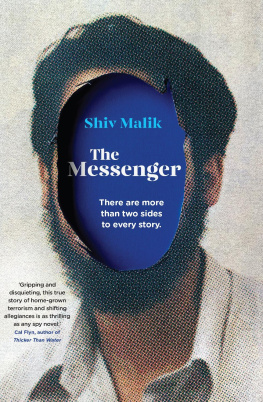Hassan Akkad - Hope Not Fear: Finding My Way from Refugee to Filmmaker to NHS Hospital Cleaner and Activist
Here you can read online Hassan Akkad - Hope Not Fear: Finding My Way from Refugee to Filmmaker to NHS Hospital Cleaner and Activist full text of the book (entire story) in english for free. Download pdf and epub, get meaning, cover and reviews about this ebook. year: 2021, publisher: Pan Macmillan UK, genre: Non-fiction. Description of the work, (preface) as well as reviews are available. Best literature library LitArk.com created for fans of good reading and offers a wide selection of genres:
Romance novel
Science fiction
Adventure
Detective
Science
History
Home and family
Prose
Art
Politics
Computer
Non-fiction
Religion
Business
Children
Humor
Choose a favorite category and find really read worthwhile books. Enjoy immersion in the world of imagination, feel the emotions of the characters or learn something new for yourself, make an fascinating discovery.
- Book:Hope Not Fear: Finding My Way from Refugee to Filmmaker to NHS Hospital Cleaner and Activist
- Author:
- Publisher:Pan Macmillan UK
- Genre:
- Year:2021
- Rating:5 / 5
- Favourites:Add to favourites
- Your mark:
Hope Not Fear: Finding My Way from Refugee to Filmmaker to NHS Hospital Cleaner and Activist: summary, description and annotation
We offer to read an annotation, description, summary or preface (depends on what the author of the book "Hope Not Fear: Finding My Way from Refugee to Filmmaker to NHS Hospital Cleaner and Activist" wrote himself). If you haven't found the necessary information about the book — write in the comments, we will try to find it.
Ive experienced the best and worst of humanity. Ive been detained and beaten, and welcomed and respected. And yet, this story my story is one of hope, not fear.
A frontline covid ward cleaner.
A BAFTA award-winning refugee.
A photographer and filmmaker with an instinct to raise awareness, help and connect.
From the jasmine-scented streets of Damascus to uprisings, protest, torture and being forced to flee his home, Hassan Akkad has experienced the unimaginable. Yet, he still holds on to hope and chooses to see the kindness in humanity every day.
Driven by an unshakeable instinct to raise awareness, help and connect, Hassan describes both his perilous journey to the UK the subject of his BAFTA award-winning film Exodus and his life in Syria before the war. Since seeking asylum in the UK, it is this caring instinct and determination that has seen Hassan share not only his experience as a unique eye-witness as a refugee, but to the coronavirus pandemic, where his documentation of work as a cleaner on a London hospital Covid-19 ward instigated a government U-turn on excluding the families of NHS cleaners and porters from its bereavement compensation scheme.
With his unique storytellers instinct, Hassan has captured hearts the world over. He bridges national and political divides, his humanity, sense of service and ideals bring people together. Readers of his story in Hope Not Fear will not want to cry, but to campaign because his message of triumphing over adversity by standing together, united in kindness and love, is the single most important message of our time. In this book, he shows us why.
Hassan Akkad: author's other books
Who wrote Hope Not Fear: Finding My Way from Refugee to Filmmaker to NHS Hospital Cleaner and Activist? Find out the surname, the name of the author of the book and a list of all author's works by series.

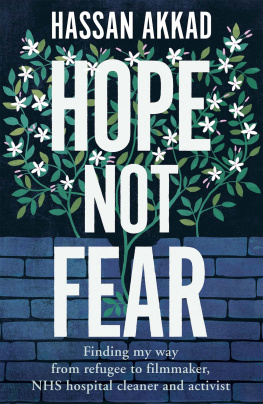

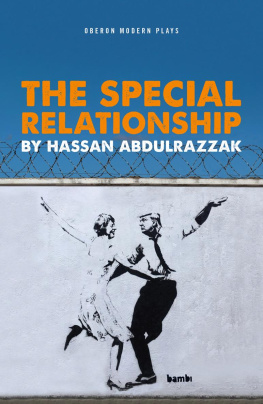
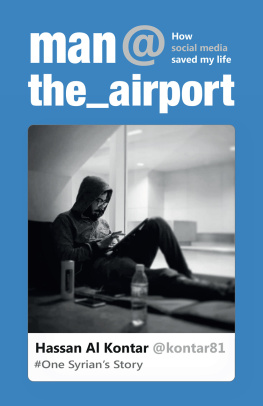
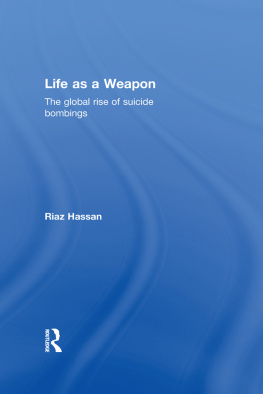
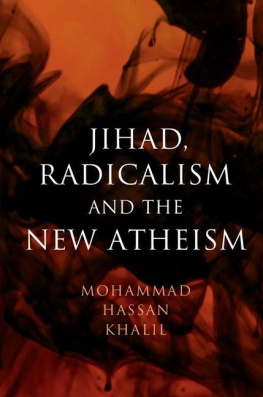
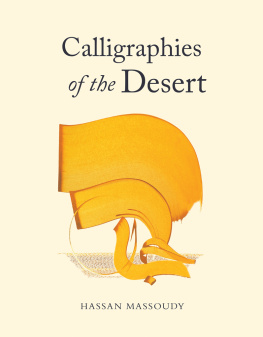
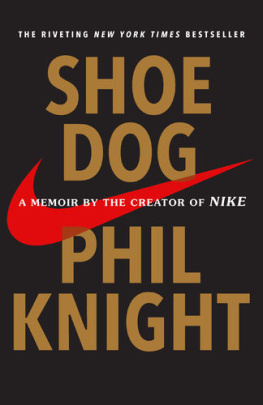
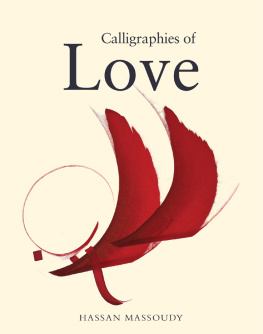
![Hertz - Scheik Hassan, Lystspil i tre Acter [in prose and verse]](/uploads/posts/book/182877/thumbs/hertz-scheik-hassan-lystspil-i-tre-acter-in.jpg)
